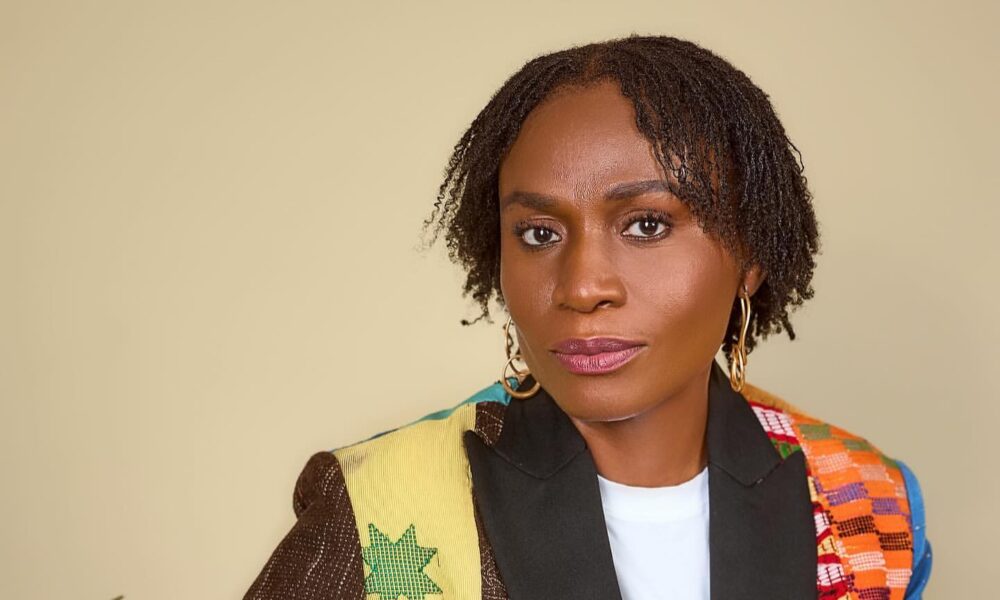Copyright newtelegraphng

The European Union (EU) has reiterated its commitment to deepen cultural cooperation and support creative industries in Africa, emphasising the power of art, music, and education in fostering mutual understanding and sustainable development. The EU Ambassador to Nigeria and ECOWAS, Gautier Mignot, made the commitment at the Afrobeat Rebellion Exhibition held in Lagos to commemorate the birthday of Afrobeat legend Fela Anikulapo Kuti and celebrate the power of music and visual art to inspire change, amplify identity, and build dialogue across generations and borders. The exhibition, a collaboration between African and European artists, brought together photography, sound, and multimedia installations that trace the legacy of Fela’s music from his political consciousness and creative defiance to the global rise of Afrobeat as a symbol of resistance and cultural pride. Mignot had led members of team Europe to the exhibition alongside several European ambassadors and senior diplomats representing Poland, Finland, Belgium, the Czech Republic, the Netherlands, Denmark, and Portugal. He described the exhibition, which was supported by the French Embassy, as a testament to the enduring power of cultural diplomacy in connecting people and promoting mutual understanding, even as he added that the exhibition continues its inspiring journey from Paris as a bridge of rhythm, art, and memory connecting continents. He said, “Art and music transcend boundaries. Through exhibitions like Afrobeat Rebellion, we celebrate not just artistic expression but shared values of freedom, creativity, and dialogue. Fela’s legacy reminds us that culture is a powerful tool for unity, for questioning the world, and for inspiring positive change. “From Paris to Lagos, Afrobeat Rebellion embodies the spirit of partnership between Africa and Europe, a partnership rooted in respect, creativity, and shared humanity.” The exhibition’s arrival in Lagos, a city often described as the heartbeat of Afrobeat, symbolises a homecoming for the movement and its founder, whose music continues to inspire artists and activists worldwide. As visitors walk through immersive installations and archival images, they encounter a living history of resistance and rhythm, a reminder that the beat of Afrobeat still echoes with the timeless message of justice, identity, and freedom.



